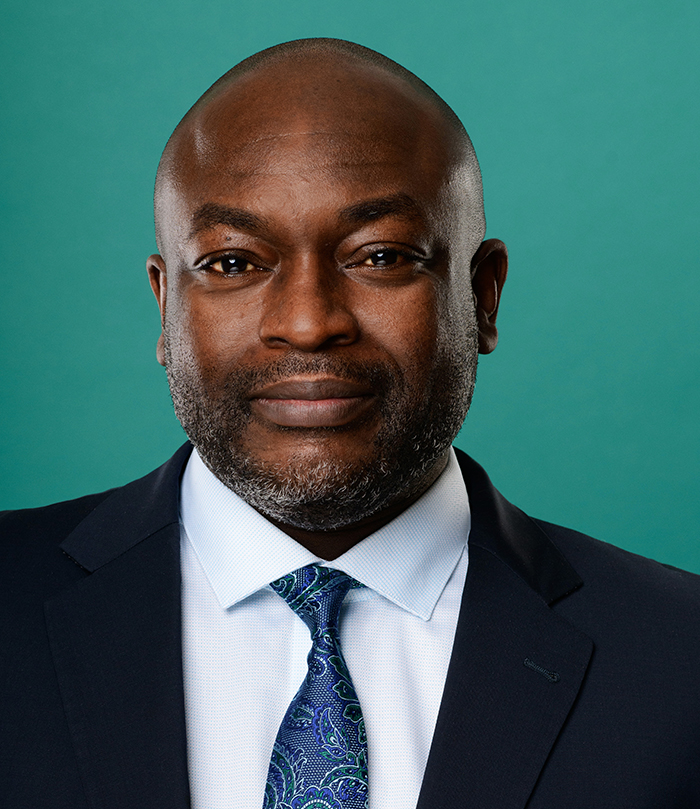What Happens to Your 401K When You Divorce in Wisconsin?
What Happens to Your 401K When You Divorce in Wisconsin?
 Divorce is an emotionally challenging and complicated process, particularly when it comes to dividing marital assets. Among the assets that most couples worry about during a divorce, is their retirement savings, including 401k accounts.
Divorce is an emotionally challenging and complicated process, particularly when it comes to dividing marital assets. Among the assets that most couples worry about during a divorce, is their retirement savings, including 401k accounts.
At Ohiku Law, we understand that divorce can be a complicated and emotionally challenging process. Our experienced divorce attorneys specialize in helping clients navigate the complexities of property division, including the division of 401k accounts. We provide personalized guidance and support to ensure that our client’s rights are protected and their financial futures are secure. Click here to learn more and talk to a divorce attorney in Milwaukee.
If you are divorcing in Wisconsin and have questions about what happens to your 401k in divorce, you are not alone. In this blog post, we will explore the factors that may impact the division of a 401k in a Wisconsin divorce.
Community Property and Exceptions in Wisconsin
Wisconsin is one of few community property states in the United States. Community property means that assets amassed during the course of a marriage are owned equally by both spouses. This rule applies to not only assets but also debt, including mortgages, credit card debt, and loans. In a divorce, all community property is subject to division between both parties.
However, there are exceptions to the rule of community property in Wisconsin. These exceptions to the rule of community property, or the division of marital assets, are known as separate property. Separate property in a divorce is the property that belongs to one spouse or the other and is not eligible for division. Under Wisconsin law, separate property can include:
- Assets or property owned prior to the marriage
- Gifts to one spouse during the marriage
- Inheritances received by one spouse during the marriage
- Property specifically designated in a prenuptial or postnuptial agreement as separate
Dividing property in a divorce can be a complex process. It is essential to identify all assets and debts of the community estate to ensure an equitable division of assets. This process can involve an extensive discovery process that can involve subpoenas for records, appraisals, and depositions to ensure that all assets and liabilities are fully identified.
It is highly recommended that individuals going through a divorce in Wisconsin seek out experienced legal counsel given the complexity of the laws surrounding property division. At Ohiku Law, our experienced attorneys can provide guidance and support throughout the property division process, whether in mediation, arbitration, or traditional litigation. Our goal is to help clients achieve a fair and equitable division of marital assets. We work closely with our clients to prepare for negotiations and consider any factors that may impact the division of property, including tax consequences and the future financial outlook for both parties.
401k and Divorce in Wisconsin
401k plans are considered marital property in Wisconsin, even if one spouse contributed more than the other during the marriage. According to Wisconsin law, 401ks acquired during the marriage must be divided equally between the spouses. This means that each spouse is entitled to 50% of the value of the 401k, regardless of who contributed more to the account during the marriage.
QDRO and 401k Divisions
When divorcing spouses need to divide a 401k, a Qualified Domestic Relations Order (QDRO) is required. This is a legal document that separates one owner’s property interest in a retirement account to give the interest to an alternate payee. In the case of divorce, the alternate payee is typically the non-contributing spouse. A QDRO directs the plan administrator to make payments to the alternate payee from the account. It is essential to work with an attorney experienced in drafting QDROs to ensure that the document accurately reflects each spouse’s share.
Tax Implications of Dividing a 401k
It is important to note that the division of a 401k during a divorce can have tax implications. Funds withdrawn from a 401k are typically subject to taxes and early withdrawal penalties. A QDRO can help avoid these penalties. Transfers pursuant to a QDRO are typically neither taxable nor subject to penalties as long as they are made in accordance with the requirements of the order and the Internal Revenue Code.
Alternative Dispute Resolution Options
Litigation is not the only way to resolve property division issues in a divorce. Couples seeking an alternative to the traditional litigated divorce process can consider divorce mediation or arbitration. In divorce mediation, a neutral mediator assists the spouses in reaching an agreement themselves, outside of court. In arbitration, a neutral arbitrator makes decisions on behalf of the parties. Both mediation and arbitration can be faster, less expensive, and more flexible than traditional litigation.
Dividing a 401k during a divorce in Wisconsin can be a complex process. Having an experienced Milwaukee divorce attorney is essential to navigating this process and ensuring that your rights are protected. The Ohiku Law Office specializes in divorce and family law, including alternative dispute resolution options. Contact us today to schedule a consultation and learn more about how we can help you navigate your divorce and protect your financial future.
 By Attorney Odalo Ohiku, Owner of Ohiku Law Office
By Attorney Odalo Ohiku, Owner of Ohiku Law Office
Attorney Odalo Ohiku is a dedicated and experienced lawyer who focuses on divorce law, family law, and custody and placement for high-net-worth individuals in the Greater Milwaukee area. A trained mediator and arbitrator, Attorney Ohiku has the skill set, experience, and perspective to help clients safeguard their interests while minimizing the stress, anxiety, and conflict that can come with divorce. Attorney Ohiku’s credentials are exemplary: he has been honored as a “Top 40 under 40” by both The American Society of Legal Advocates and The National Trial Lawyers, served as Chair of the Wisconsin State Bar Board of Governors, and earned the President Award from the Wisconsin State Bar. He is passionate about his work in safeguarding families, ensuring that they can maintain the lives they have worked hard to build.



